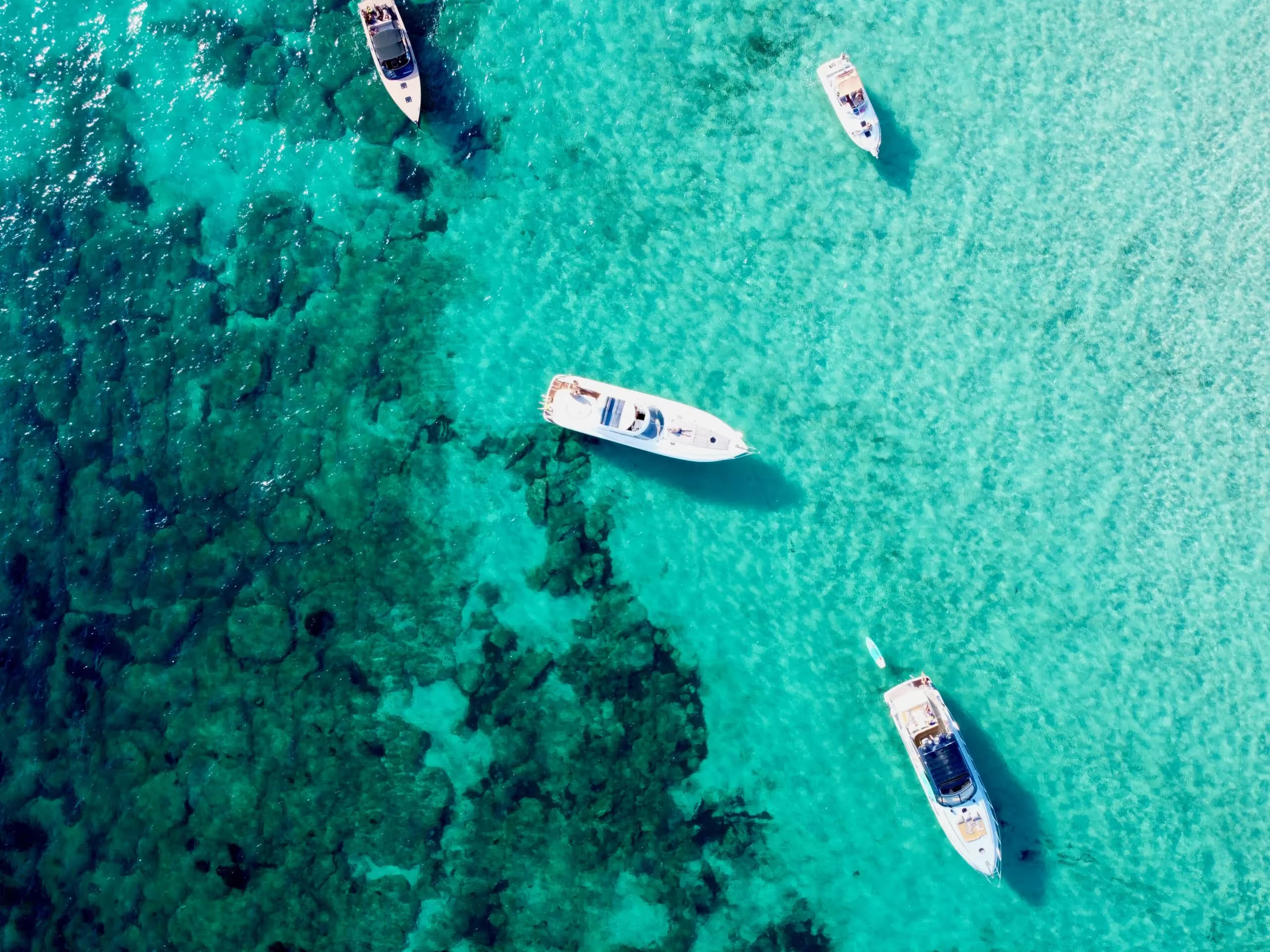Sailing offers a unique opportunity to connect with nature, explore the open waters, and witness the beauty of marine life. However, as sailors, we bear a responsibility to protect the oceans and preserve their ecosystems for future generations to enjoy. One of the fundamental principles of responsible sailing is minimising our environmental footprint, which entails adopting sustainable practices both on board and on shore. A key aspect is reducing waste generation and properly disposing of refuse – plastic pollution, in particular, poses a significant threat to marine life. By implementing measures to limit single-use plastics and ensure proper waste management practices, sailors can help mitigate the damage caused as much as possible.
The choice of food and provisions plays a crucial role in reducing environmental impact. Opting for fresh, locally sourced food not only supports regional economies but also reduces the carbon footprint associated with long-distance transportation. Additionally, embracing eco-friendly cleaning products and detergents contributes to maintaining water quality and safeguarding marine ecosystems.
Anti-fouling presents another environmental challenge. While essential for protecting vessel hulls from bio-fouling, traditional anti-fouling paints contain toxic substances that can harm marine organisms. Exploring alternative anti-fouling solutions, such as copper-free paints or silicone-based coatings, can help minimise ecological damage. Moreover, adhering to best practices for anti-fouling application and disposal ensures responsible care for marine environments.
In the face of climate change, sailors must also consider the broader implications of their actions. Rising sea levels, changing weather patterns, and ocean acidification pose existential threats to coastal communities and marine biodiversity. As such, transitioning to renewable energy sources such as solar or wind power, can help reduce greenhouse gas emissions and climate-related risk. Similarly, adopting energy-efficient practices onboard, such as optimising sail configurations and minimising engine usage, contributes to sustainability efforts. Moreover, raising awareness about the impacts of global warming within the sailing community is paramount. By engaging in discussions and knowledge-sharing initiatives, sailors can foster a culture of environmental consciousness and advocate for collective action to address climate change.
Beyond environmental considerations, responsible sailing encompasses ethical and safety concerns. Safeguarding marine wildlife requires vigilance and respect for natural habitats. Practicing responsible wildlife viewing techniques, such as maintaining a safe distance from animals and minimising disturbances, ensures minimal impact on fragile ecosystems. Furthermore, adhering to navigation regulations and prioritising safety protocols helps prevent accidents and promotes maritime security. Education and outreach efforts are essential components of promoting responsible sailing practices. Providing sailors with access to resources, training programs, and informational materials empowers them to make informed decisions and adopt sustainable behaviours. Collaborative initiatives involving maritime organisations, environmental advocacy groups, and governmental agencies can facilitate knowledge exchange and foster a culture of environmental stewardship within the sailing community.
In conclusion, responsible sailing is not merely a matter of navigating the seas—it is a commitment to preserving marine ecosystems, promoting sustainability, and safeguarding the planet for future generations. By embracing sustainable practices and advocating for environmental protection, sailors can contribute to the collective effort to address the challenges facing our oceans and create a more sustainable future.
Why not take a look at our Information Centre, here you will find useful links and contacts that will be of interest to the sailing community.



